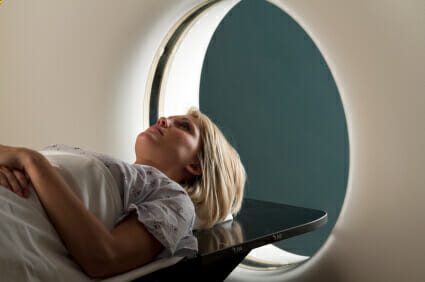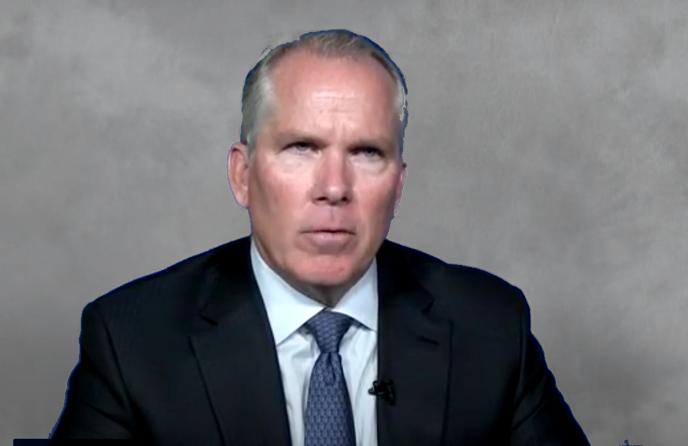On This Page
Defective Medical Devices Pose Risk of Serious Injury and Death
Sadly, medical device manufacturers put large profits before patient safety in some instances. Insufficient research on the risks and dangers of a particular device can oftentimes lead to deadly consequences for people seeking treatment for their ailments.
At Thomas J. Henry, defective medical device attorneys will help you take on the healthcare system or medical device manufacturer that contributed to your injury caused by a faulty medical device. When the unthinkable occurs to you or a loved one and an implanted device begins to hurt instead of heal, contact us immediately. Our experienced defective medical device lawyers are available 24/7, nights, and weekends to take your call.
What is a Medical Device Recall?
Recalls occur when a medical device is defective or a risk to a patient’s health (or both). A device is considered to be recalled if the manufacturer takes actions to correct or remove the device that violates FDA law. In some cases, the recalled device may not necessarily need to be removed from a patient, or the risks of removal outweigh the risk of leaving it in place.
Types of actions that result in a medical device recall include:
- Inspecting the device for issues
- Repair
- Adjusting settings
- Relabeling
- Destroying the device
- Notifying patients of a problem with the defective device
- Monitoring patients for issues
The FDA is in charge of monitoring all medical devices and drugs available for consumer use. In most cases, a company, including manufacturers and/or distributors, will usually recall their medical devices on their own or voluntarily. However, if a medical device is associated with significant health problems or death, the FDA can legally require a company to recall a device immediately.
When a company recalls a medical device, they will:
- Contact the customers who received the product from them, and takes steps to reach others who need to be notified usually by press release.
- Supply information to help users identify the product and take steps to minimize health consequences.
- Take action to prevent the problem from happening again.
Classification of Medical Device Recalls
FDA classifies medical device recalls into three categories, representing the potential risk to public health: Class I, Class II, and Class III. This classification process usually takes place after the company has issued its recall.
Class I: A situation where there is a reasonable chance that a product will cause serious health problems or death.
Class II: A situation where a product may cause a temporary or reversible health problem or where there is a slight chance that it will cause serious health problems or death.
Class III: A situation where a product is not likely to cause any health problem or injury.
A recall is terminated only after the FDA deems the product no longer in violation of the law and no longer presents a health hazard to patients.
What Types of Defective Medical Devices Are Recalled?
Medical devices of all types have been subjected to recalls. In 2015 alone, there were 32 recalls issued on defective medical devices. Defective medical devices subject to recalls include:
- Skin grafts
- Surgical tools
- Implantable cardioverter defibrillators (ICD)
- Post-surgical devices
- Hip implants
- IVC filters


























